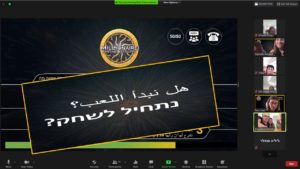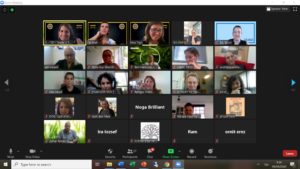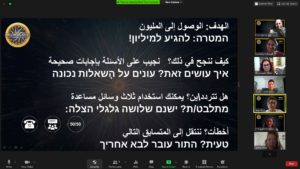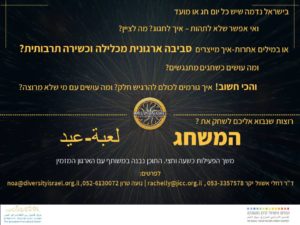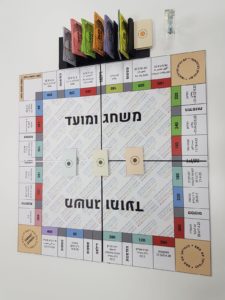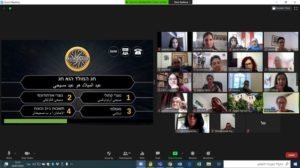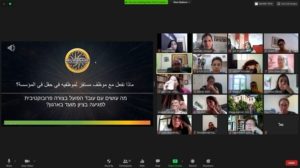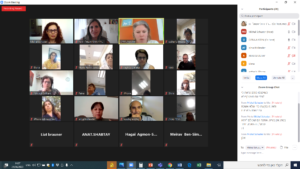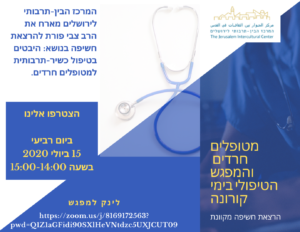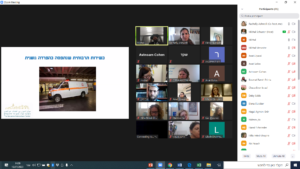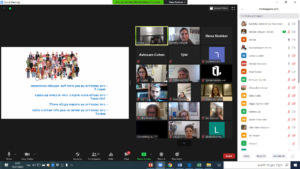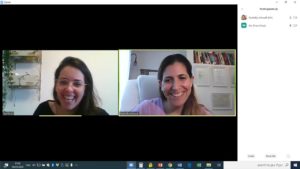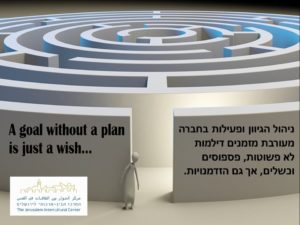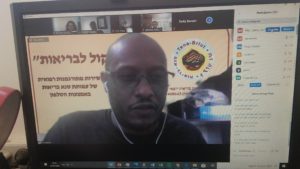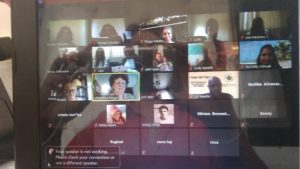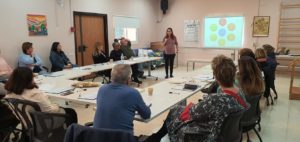HoliGame – Playing All the Way to Diversity in Organizations
We’ve spoken about our cooperation with the Israeli Forum for Employment Diversity here, and here we discussed our joint project, the HoliGame, which deals with dilemmas and issues related to holidays and cultural events in organizations, especially when the different commemorations conflict or lead to a conflict between identities and individuals in the organization.
The month of September was full of HoliGame events in a variety of organizations. On September 3, we used the game in a diversity management workshop at the Jerusalem Center for Mental Health at Kfar Shaul, which dealt with the way cultural competency coordinators are responsible for leading culturally sensitive measures – and constant dialogue regarding potentially flashpoints throughout the year in order to maintain a respectful and inclusive work environment.
On September 9 the HoliGame was used in a workshop for nearly 30 human resources managers and diversity managers in leading companies. Here, too, the issues need to be dealt with sensitively and in a way that the shows the important role of the management in creating a sense of belonging to the organization. Above is a glimpse of the meeting for business and companies.
The issue of diversity and cultural competence affects academia as well. On September 10, 2020 we held a workshop for Coordinators for the Israeli Hope in Academia program, which seeks to integrate all the ‘tribes’ in Israel into Israeli higher education. We spoke about everyone who works on campus – from the lecturers to administrative staff, must still be careful not to exclude populations from different identities, and how issues can be addressed even in an age where the campus has become primarily virtual.
We’ve seen the different issues that the HoliGame has raised and enabled leaders from a variety of different types of organizations to create deeper understandings of both the issues at hand as well as processes to resolve those issues in a respectful and inclusive manner. So thank you to those who’ve played, and we can’t wait to play more!

